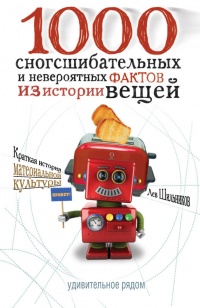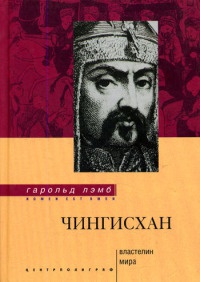Книга 1000 год. Когда началась глобализация - Валери Хансен
На нашем литературном портале можно бесплатно читать книгу 1000 год. Когда началась глобализация - Валери Хансен полная версия. Жанр: Книги / Историческая проза. Онлайн библиотека дает возможность прочитать весь текст произведения на мобильном телефоне или десктопе даже без регистрации и СМС подтверждения на нашем сайте онлайн книг knizki.com.
Шрифт:
-
+
Интервал:
-
+
Закладка:
Сделать
Перейти на страницу:
Перейти на страницу:
Внимание!
Сайт сохраняет куки вашего браузера. Вы сможете в любой момент сделать закладку и продолжить прочтение книги «1000 год. Когда началась глобализация - Валери Хансен», после закрытия браузера.
Книги схожие с книгой «1000 год. Когда началась глобализация - Валери Хансен» от автора - Валери Хансен:
Комментарии и отзывы (0) к книге "1000 год. Когда началась глобализация - Валери Хансен"
























